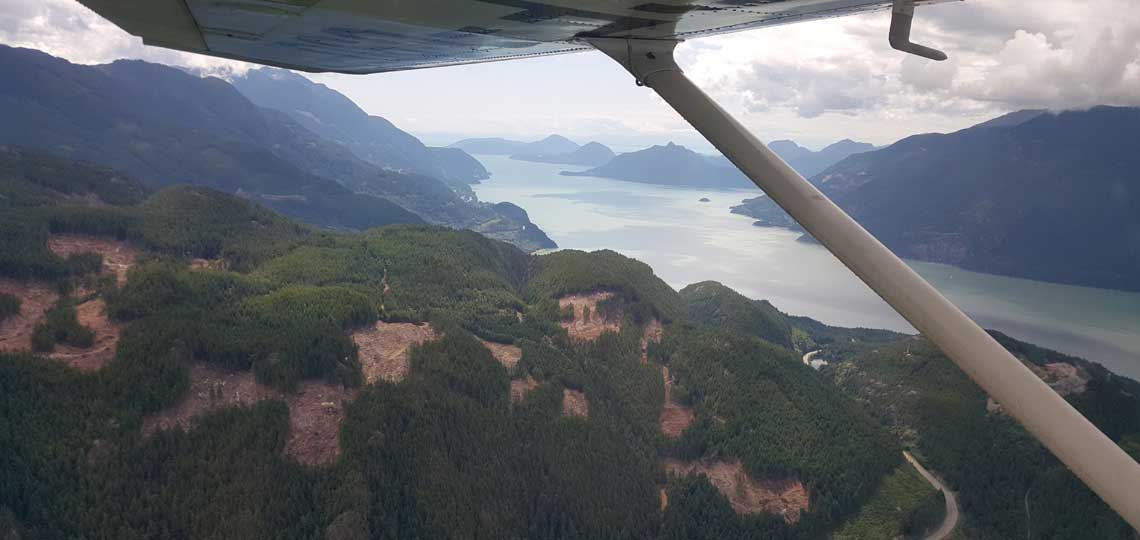If you go out and wander around the province, you will be dismayed to discover how poorly B.C. is managing our forests, lands, waters and natural resources. That is because over the last two decades the provincial government stopped playing its manager role, abandoning stewarding the land for present and future generations in favour of an experiment called “professional reliance.”
Leveraged on election promises to reduce “red tape,” this occurred by removing clear legal standards from B.C.’s laws and by turning authority over to industry to make decisions on public health and the environment. Practically driven by budgets, not stewardship, this transfer of power to professionals hired by the industry allowed the government to cut B.C.’s civil service by 25 per cent.
The government said that they would offset the changes to protect the public interest by bolstering monitoring, compliance and enforcement.
That didn’t happen.
As a result, with little public knowledge and next to no public input, the B.C. government undermined the public right to have a healthy and ecologically rich natural environment.
This so-called professional reliance approach lacks credibility and leads to conflict and uncertainty on the land base. It harms the health of British Columbians, degrades our environment and has resulted in the loss of public trust and confidence in the decision-making process.
The public now learns about such events such as Mt. Polley, hazardous waste pollution, contamination of drinking water and forest mismanagement after the fact, when little can be done. We live in a province with the most biodiversity in Canada and our management approach, instead of providing world-class protection for fish and wildlife habitat, is making matters worse. As a result, the risk to our numerous endangered species is multiplying.
Since October 2017, the provincial government has been studying the professional reliance model and how B.C.’s professional associations and our laws oversee their activities. The intent is to restore transparency and public trust in government decision-making related to the development of our natural resources and how those activities are monitored and enforced by the government. This report is about to be released.
We look forward to reviewing the report’s recommendations and strongly encourage the government to take action to update the Mining Act, reform environmental assessment, protect endangered species, re-establish land-use planning and manage water sustainably. However, each of these reforms needs a proper legal professional framework that we can trust and that provides certainty, as opposed to the current secretive and damaging outsourcing to the industry.
We look forward to the time when we can be sure that our forests, rivers, and lakes are being managed with the long-term in mind. We need government stewardship, not industry liquidation. We need stewardship that will build public confidence, provide clarity and ensure that government is setting standards, monitoring those standards for compliance, and enforcing those standards as required. We need First Nations’ involved in a manner that respects their title and rights.
B.C. is globally significant because of its variety of wildlife and integrity of its natural systems. But, without immediate action that corrects how we manage our mines, our oil and gas wells, our forests and our rivers, the wonders of this province are vulnerable to rapid loss, with little chance of recovery.
So, go outside, enjoy this great province and if you witness mismanagement of our forests or waters contact your MLA. Let them know that you want B.C. back in the business of managing our rich natural legacy.
Devon Page is executive director of Ecojustice; Pat Moss is executive director of the Northwest Institute for Bioregional Research; Scott McCannell is executive director of the Public Employees Association.
This opinion piece originally appeared in The Province on June 19, 2018.
Photo of clear cut logging by Christopher Porter via Flickr. Image obtained under Creative Commons.

